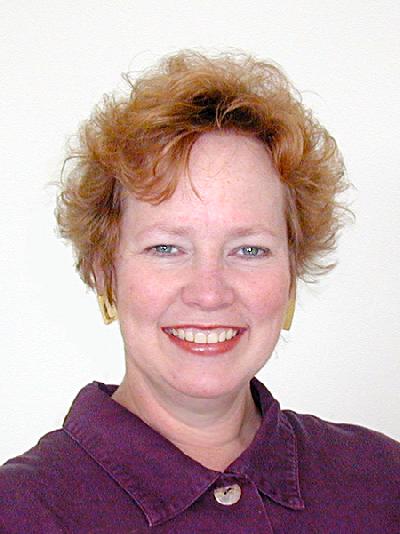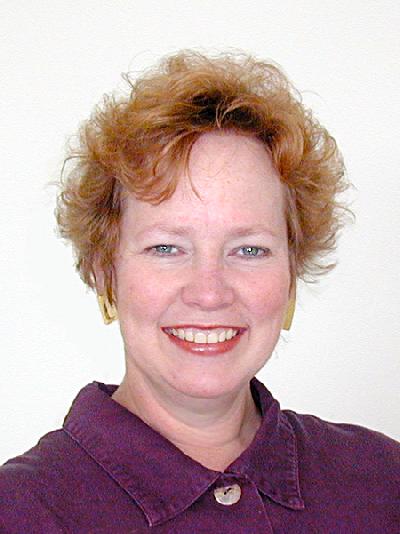December 4, 2003
Wilson to head OCLC
Betsy Wilson, director of University Libraries, has been elected chair of the OCLC Board of Trustees. OCLC, the Online Computer Library Center, is the largest organization for libraries in the world, with more than 45,000 member institutions from 84 countries and territories.
“This is a huge honor,” Wilson says. “I am proud to be working with an organization that has made such significant contributions to providing information to library patrons around the world.”
OCLC, which is a private nonprofit that works as a member-driven cooperative, is known by users for creating WorldCat, the world’s largest database. WorldCat allows users to search the holdings of most OCLC member institutions, which have banded together to share cataloging information. Interlibrary loans then allow users to obtain books or other material from any member institution through an automated, efficient system.
“OCLC’s WorldCat has helped libraries drive down the cost of doing business by avoiding duplication and developing an efficient system for providing universal access to information,” Wilson says.
In the past few years, OCLC has expanded its services to provide digital collections. Currently, more than 100 libraries have made more than 500,000 scanned images available, using CONTENTdm software developed by Greg Zick of the UW Department of Electrical Engineering, and now licensed to OCLC through DiMeMa.
OCLC also has developed QuestionPoint, a system that allows users to ask reference questions that can be referred to the appropriate OCLC member anywhere in the cooperative. “If we get a question about Maori culture, for example, we can refer it to a library in New Zealand which might have more local expertise,” Wilson says. “In turn, we receive many questions about regional issues, and issues pertaining to fisheries, that are referred to us through QuestionPoint.”
One of the greatest challenges OCLC faces is in becoming a truly global cooperative, overcoming barriers of language, culture and varying qualities of infrastructure.
“WorldCat is moving to Unicode, which will permit display of languages from different alphabets, such as Arabic,” says Wilson. “But globalizing OCLC will present some interesting challenges beyond language, especially as museums and other kinds of cultural institutions join the group, and as we reach out to libraries in countries that have very little in the way of information infrastructure.”
Although Wilson’s initial appointment is for one year, it is typical for the chair of OCLC to serve three or four terms. Wilson served as OCLC Members Council president from 1999 to 2000 and has served as a member of the OCLC Board of Trustees since 2000.


